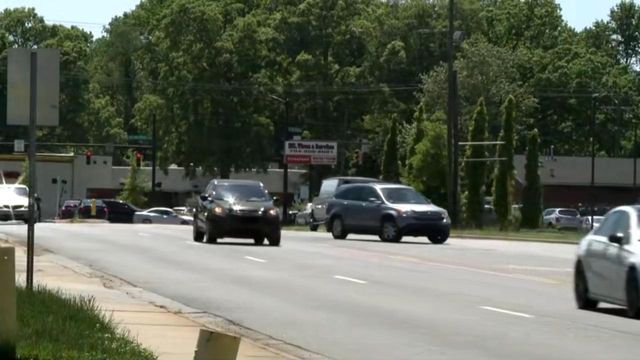Runoff elections in May: NC's primaries aren't over yet. What you need to know.

Voting is underway for runoff elections needed to decide several of North Carolina’s primaries, giving voters a final chance to be heard in a handful of key races.
Ballots for mail-in voters are already being mailed out to those who request them. Early in-person voting begins April 25 for the races still undecided after the March primary. Early voting ends May 11, a few days before Election Day on May 14.
Many of the primary elections this year were crowded races with numerous candidates. In any race where no candidate won at least 30% of the vote, a second runoff election could be called between the top two finishers.
There are no runoffs this year for any Democratic primaries. On the other side of the aisle, there are runoffs in the Republican primaries for lieutenant governor and state auditor that will be open to voters all over the state.
There’s also a runoff in the GOP primary for the 13th Congressional District, covering voters in Johnston County, parts of Wake County and half a dozen other more rural counties on the outskirts of the Triangle. There are also runoffs in local races in Gaston and Orange counties.
Here are the state and federal races:
- Lieutenant governor: Hal Weatherman vs. Jim O’Neill
- Auditor: Jack Clark vs. Dave Boliek
- 13th District: Kelly Daughtry vs. Brad Knott
The lieutenant governor race between Weatherman, a longtime conservative activist, and O’Neill, the Forsyth County district attorney, will determine who faces off in November against Democratic nominee Rachel Hunt, a state senator from the Charlotte suburbs who’s the daughter of former Gov. Jim Hunt.
The auditor race between Clark, a state legislative staffer, and Boliek, a Fayetteville lawyer and UNC-Chapel Hill trustee, will determine who faces off in November against State Auditor Jessica Holmes — a Democrat who Gov. Roy Cooper appointed to the office last year after former Auditor Beth Wood, another Democrat, stepped down amid scandal.
The 13th District race features two Triangle-area lawyers — Daughtry and Knott — who are from families with deep political connections. It will likely determine who represents the area in Congress. The winner will face Democratic nominee Frank Pierce in the general election for the district, which GOP state lawmakers redrew late last year to heavily favor a Republican candidate. Incumbent U.S. Rep. Wiley Nickel, a Democrat, chose not to run for reelection after the district was redrawn.
Options and rules for voting
Republicans and some unaffiliated voters are allowed to vote in the Republican runoff elections. Unaffiliated voters can participate so long as they didn’t vote in another party’s primary on March 5.
That means millions of North Carolinians will be eligible to vote in the runoff, but turnout is expected to be low. Only 24% of voters participated in the March primary, and a fraction of that are expected to participate in the runoff.
For those who plan to vote in the runoff, there are several key dates to keep in mind:
- April 25: Start of early voting.
- May 7: Last day to request a mail-in ballot.
- May 11: End of early voting.
- May 14: Election Day, and the deadline for mail-in ballots to be received.
Voters who wish to cast their ballot by mail can request one online or fill out a form and deliver it by mail or hand to their local county elections office.
Those who wish to vote in person before Election Day can do so starting later this month. Voters can find their local early voting sites at their county’s board of elections website. More details on the process can also be found on the state election board’s website.
Normally, people who aren’t registered to vote or who need to update their address can do so during early voting. But that won’t be an option for most during the runoff. People who aren’t already registered to vote won’t be allowed to vote in the runoff, unless they only became eligible to vote between the primary and the runoff.









